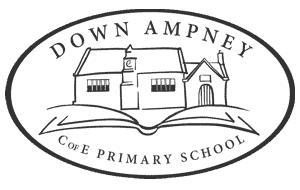
Even the youngest pupils talk with confidence of the three Bible stories which exemplify the vision of achieving, believing and caring.
Siams, Jan 2020
EYFS Personal, Social and Emotional Development
Intent
Our children will be confident, independent and respectful individuals and recognise themselves as valuable citizens. They will show empathy to others and express their feelings appropriately, having developed positive attitudes about themselves and those around them through building constructive, healthy and respectful relationships. Each child will be a valued member of the school and their own identity will be shaped through an increasing awareness of their own needs and others. The children will have developed positive dispositions to learning, be cooperative and communicative. The children will show determination to complete a goal and demonstrate resilience in the face of challenges. Our children exhibit an understanding of what is right and wrong, and why this is important. They will understand the necessity to choose appropriate behaviour, they will understand that they are still learning about the best behaviours and recognise the consequences for their actions.
Through this area of learning pupils will have also developed an understanding of how their bodies work and what they need to be healthy and safe, as well as how they are able to best meet these needs. They will be able to manage their own personal hygiene needs, engage in regular physical activity and make decisions about healthy eating.
Implementation
The personal, social and emotional development of a child underpins all aspects of their daily life at school. We have a rich variety of activities which aim to support children’s progress in the EYFS. These include regular class focus time based on PSED themes, themed days and weeks (for example Anti-bullying week and World Mental Health day). Throughout the day teachers model respectful relationships, demonstrating how to react to others and their own emotions and how to interact with others in a variety of situations. We regularly think about how to look after our bodies and keep ourselves safe, talking about the different factors which support their overall health and wellbeing. As a school the children follow the SCARF programme for explicit PSHE lessons, which are taught weekly, alongside regular circle times and check-ins.
Impact
By the end of the Foundation Stage our children have developed and demonstrated an understanding about how relationships work, and how we show respect for others, creatures and understand why there is a need for rules. Pupils can explain the importance of physical activity and the effect this has on their bodies.

